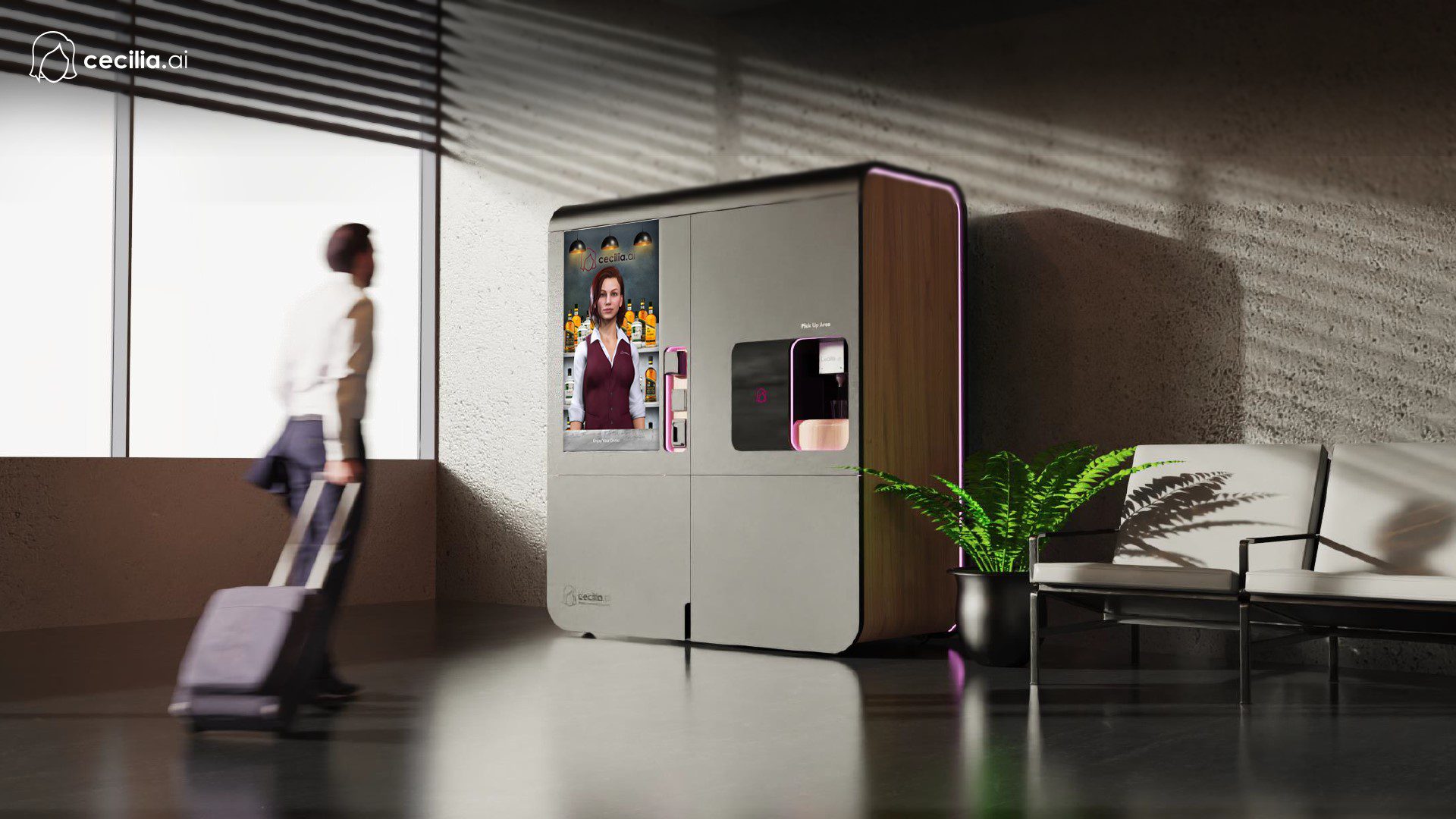
As robots and AI become more integrated into hotels and restaurants, the future of hospitality is evolving. Rather than replacing human workers, these technologies are increasingly working alongside them to enhance guest experiences.
For centuries, technological advancements have sparked concerns about machines replacing human roles, and the hospitality industry is no exception. Today, as automation becomes more prevalent in hotels, restaurants, and bars, the focus is shifting from whether robots will replace humans to how they can collaborate to create a more efficient and personalized service experience. Let’s explore how this partnership between humans and robots is not just preserving the human touch, but also elevating the hospitality experience to new heights.
The Workforce Shortage: A Catalyst for Robotics Adoption
The hospitality industry has been grappling with significant workforce shortages, a challenge that has only intensified in recent years. Factors such as the COVID-19 pandemic, changing workforce dynamics, and evolving guest expectations have left many hotels and restaurants struggling to find and retain qualified staff. As of early 2024, more than 67% of hotels reported staffing shortages, with 12% indicating they were “severely understaffed” (American Hotel & Lodging Association).
To address these pressing issues, the hospitality industry has increasingly turned to robotics and AI as viable solutions. By integrating these technologies, businesses aim to fill the gaps left by the workforce shortage while maintaining high standards of service. The global market for hospitality robots is anticipated to grow at a compound annual growth rate (CAGR) of 25.5% from 2021 to 2030, underlining the industry’s growing reliance on these technologies (Nasdaq).
How Robots Are Transforming Roles in Hospitality
To address the ongoing labor shortages in the hospitality industry, many hotels and restaurants are turning to AI and automation to fill the gaps left by a reduced workforce. As a result, robots are increasingly being integrated into roles traditionally held by humans:
Receptionists
Human receptionists are not yet fully replaced by robots—unless you’re looking at concept hotels like Henn Na in Tokyo—but many hotels are adopting kiosks or in-room tablets that allow guests to perform self-check-in and check-out, request upgrades, and access concierge services like booking attractions. While this reduces the need for front desk staff, it also allows those who remain to focus on more complex guest interactions.
Bartenders
Robotic bartenders are becoming less of a novelty and more of a practical addition in some hotels and resorts, as they’re able to serve drinks 24/7. For example, AI-powered bartenders like Cecilia.ai are increasingly being used to mix drinks and provide consistent service, drawing in guests and even external visitors with their futuristic flair.
Housekeeping & Room Service
Robots are enhancing efficiency in both room service and housekeeping by taking on simpler, repetitive tasks. Robotic cleaners are being used to maintain hotel hallways and common areas, freeing human staff to focus on more detailed room cleaning. Similarly, room service robots like those developed by Unlimited Robotics are delivering food and amenities directly to guests’ rooms, ensuring timely and consistent service.
Don’t Worry, Human Staff Are Here to Stay
As robots become more integrated into the hospitality industry, there’s a strong case to be made that humans won’t be entirely replaced. Instead, the future of hospitality looks like one where humans and robots work side by side, each playing to their strengths.
- The Human Touch is Irreplaceable:
The essence of hospitality lies in the warmth and personal connection that only humans can provide. Luxury hotels, in particular, emphasize the importance of maintaining a human touch, even as they integrate advanced technologies like AI-driven personalization and service robots. The personal interactions between staff and guests are critical for creating memorable experiences and fostering guest loyalty. Companies like Cecilia.ai mentioned before are making strides in this area by incorporating interactive AI avatars that mimic human-like interactions, adding a layer of warmth and engagement that traditional robots cannot provide. - Enhancing Efficiency, Not Replacing Jobs:
Robots excel at tasks that require precision, consistency, and efficiency, such as room service delivery or cleaning. By handling these routine tasks, robots free up human staff to focus on more rewarding and complex roles, such as interacting with guests, solving problems, and creating personalized experiences. This collaboration between humans and robots leads to more efficient operations and higher guest satisfaction. - Creating New Jobs and Opportunities:
The rise of robotics in hospitality is not just about replacing existing jobs; it’s also about creating new opportunities. As hotels integrate more advanced technologies, there is an increasing need for staff who can manage, maintain, and troubleshoot these systems. Roles such as robot maintenance technicians, AI trainers, and digital experience managers are becoming more prevalent. These positions require new skills and offer career advancement opportunities for those willing to adapt and learn. As technology evolves, so too will the job market, ensuring that human workers remain an essential part of the hospitality industry.
A Symbiotic Future
In conclusion, while robots are becoming more prevalent in the hospitality industry, they are not poised to replace humans entirely. Instead, they will work alongside human staff, enhancing efficiency and enabling a greater focus on personalized guest services. The future of hospitality will be characterized by this symbiotic relationship, where technology and human touch coexist to create exceptional guest experiences. As we move forward, the key will be to embrace technological advancements while preserving the core values that define hospitality.
The article was written by Chen Feller, Digital & Content Manager at GKI Group.
To read more great articles you can use, visit www.trnusa.com/blog





Recent Comments